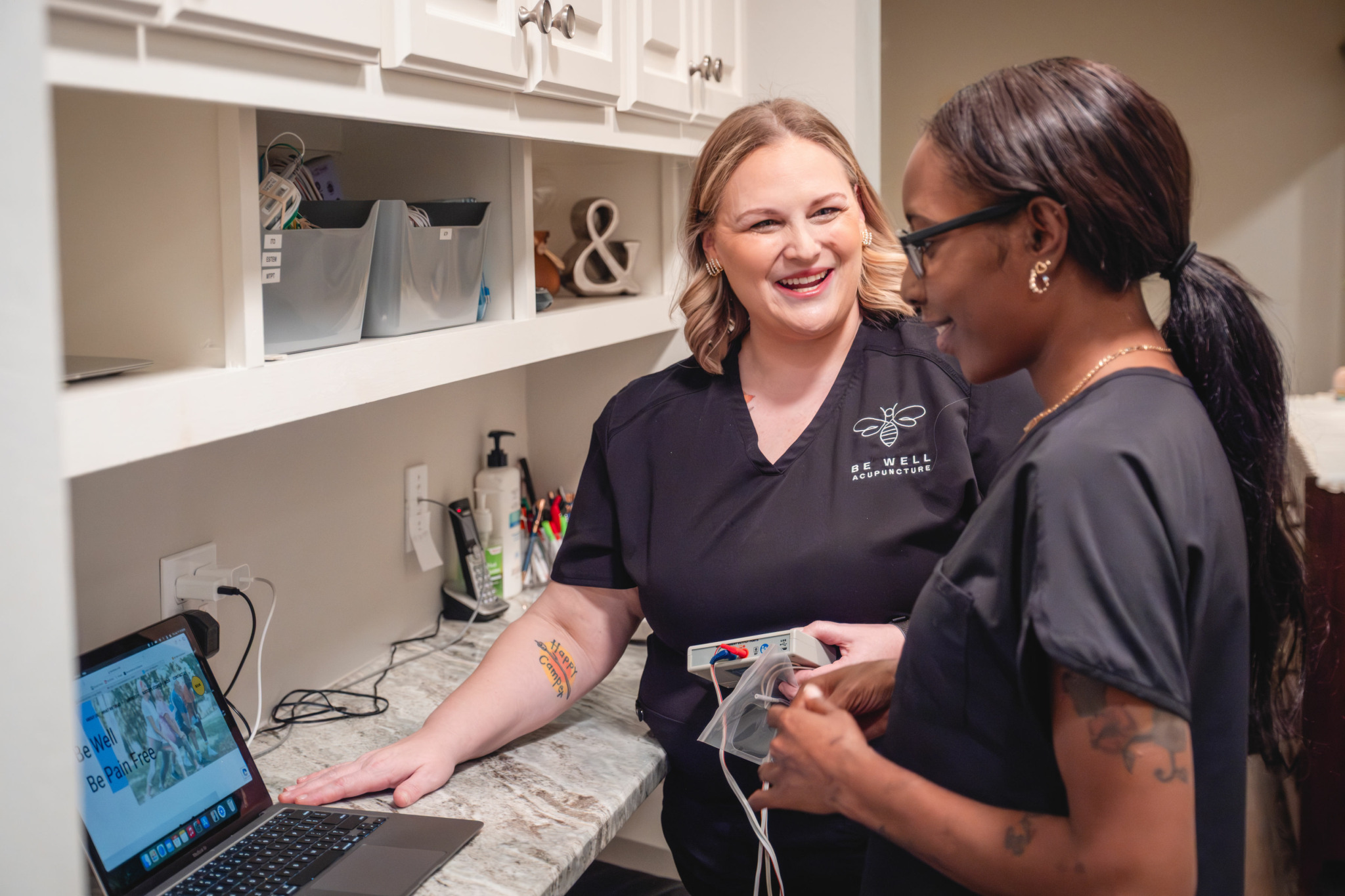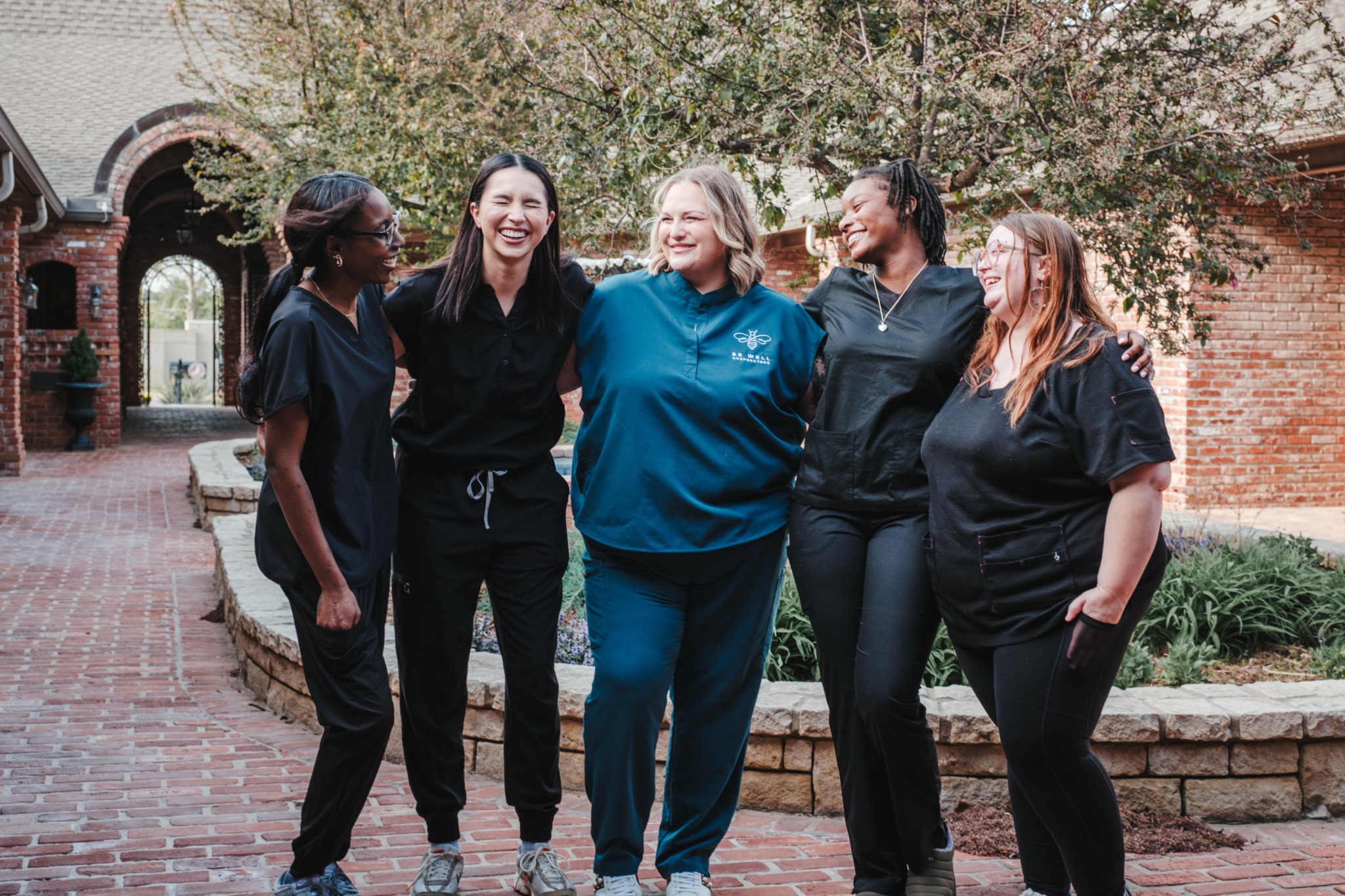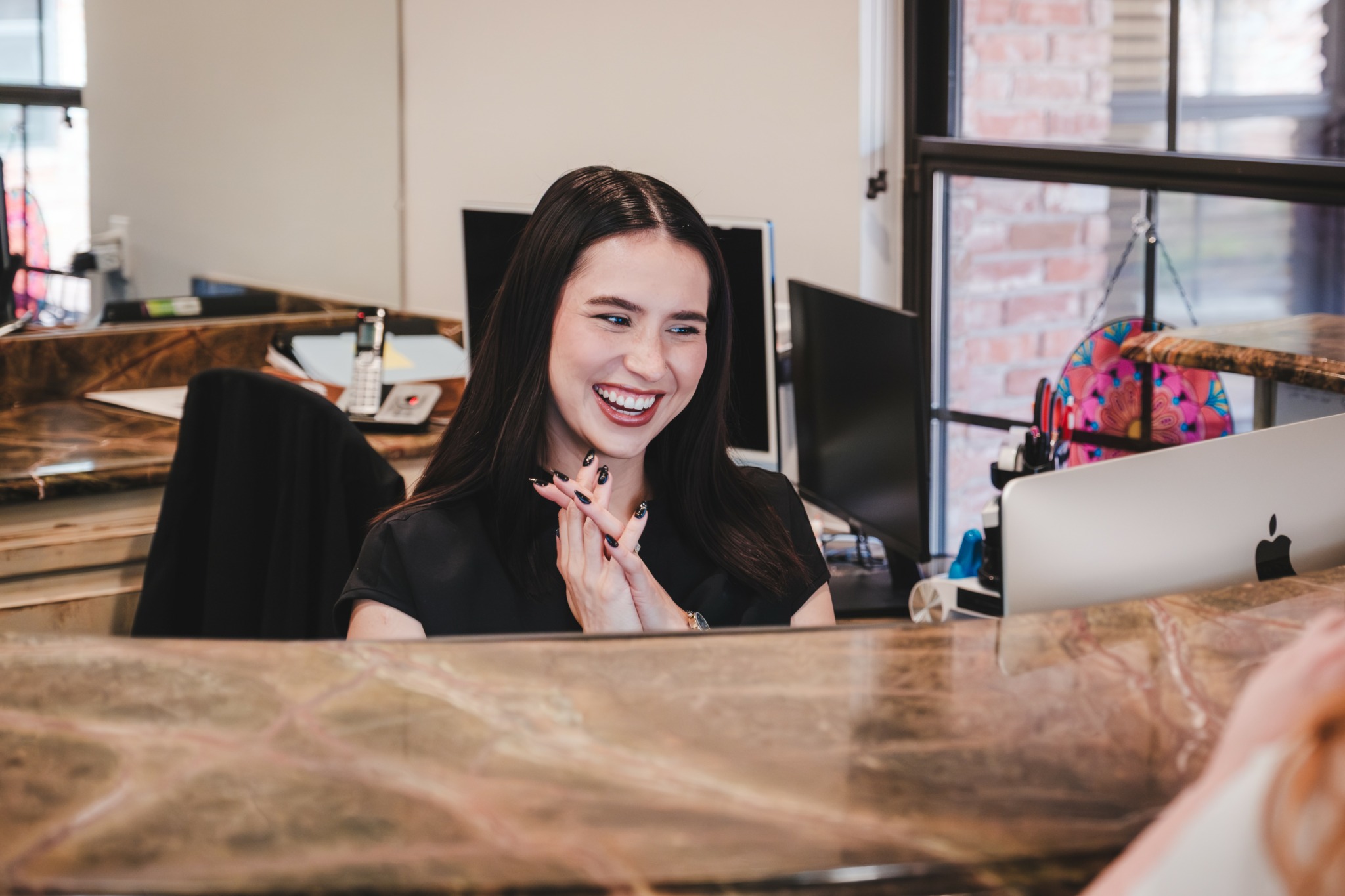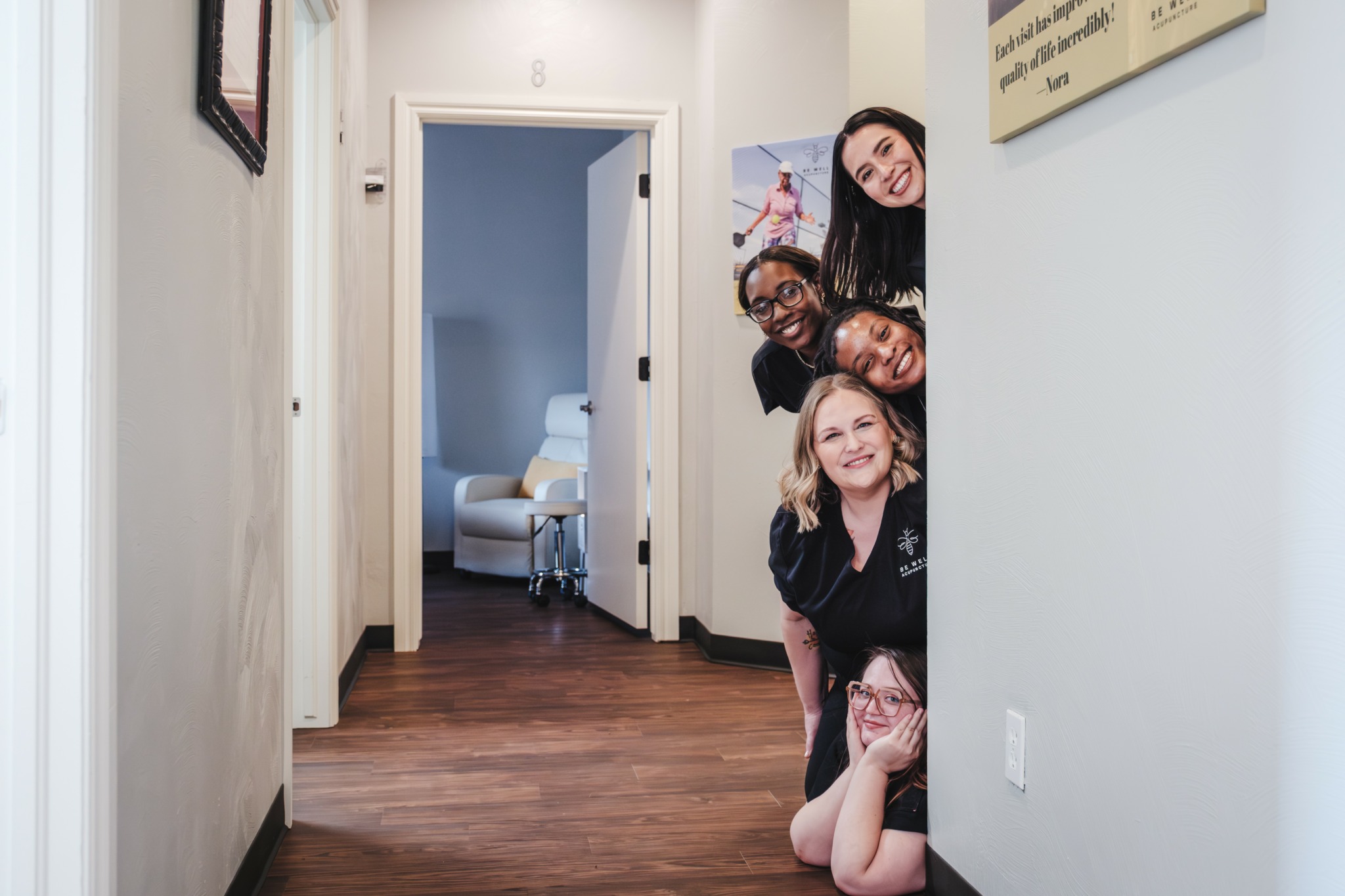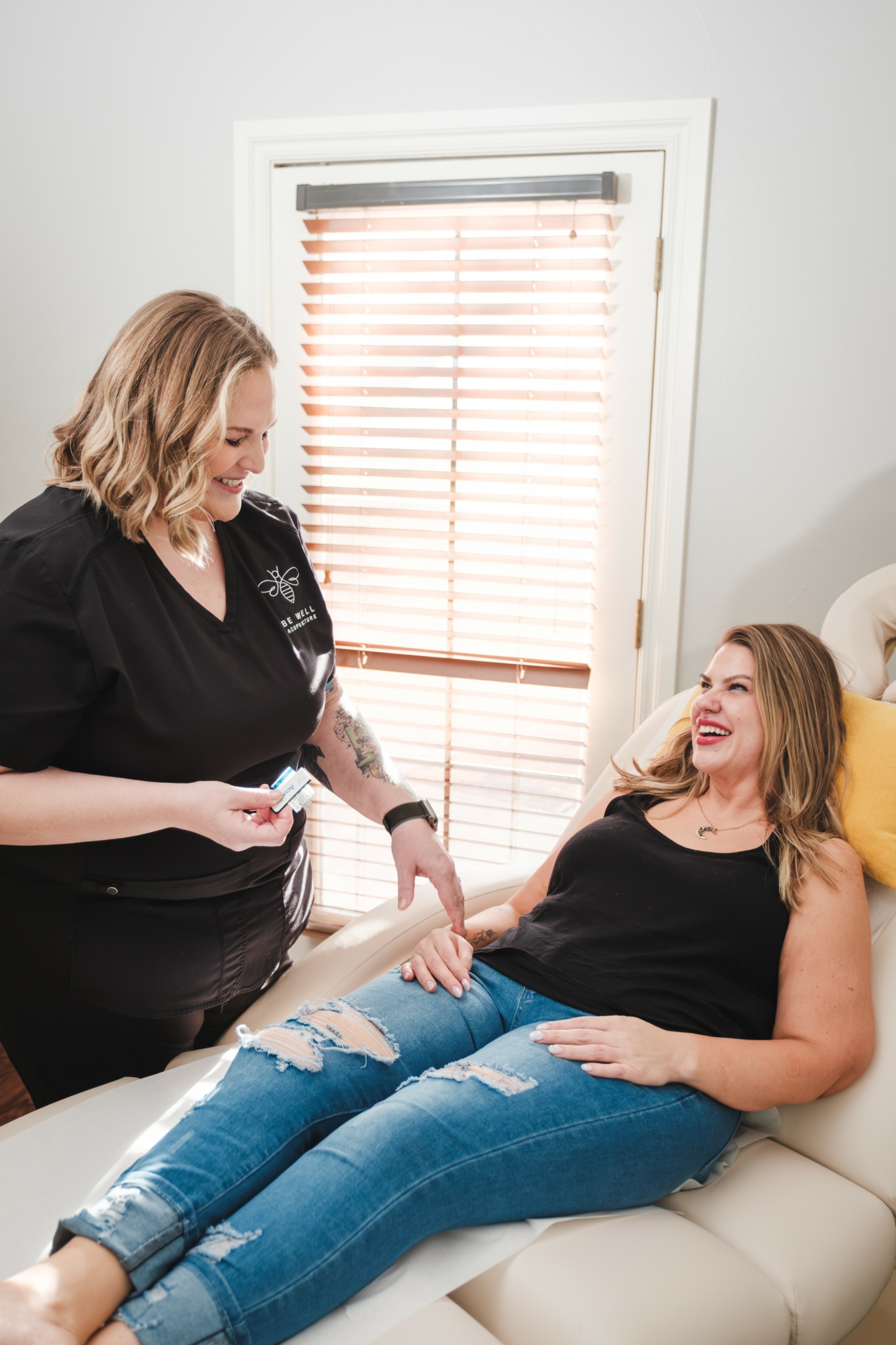We recently connected with Toni Twitty and have shared our conversation below.
Toni, thanks for joining us, excited to have you contributing your stories and insights. We’d love to hear about the things you feel your parents did right and how those things have impacted your career and life.
My parents did a lot of things right, but the biggest gift they gave me was a strong work ethic and the freedom to carve my own path even when that path didn’t always make sense to them at the time.
My dad is one of the hardest-working people I know. He was a firefighter by profession, but he always had side hustles going like cutting firewood, doing handyman work, landscaping, fixing cars. I think I absorbed that hustle mentality from him without even realizing it. I’ve never been afraid of work, and I don’t wait around for opportunities. I go create them. That’s definitely something I got from watching him.
My mom, on the other hand, was a teacher. Education was a cornerstone in her world, and by extension, mine. She supported all of my interests whether it was music, sports, or later, my fascination with the human body. That curiosity led me to pre-med and forensic anthropology, which eventually guided me into acupuncture and healing. My dad might not have always understood my musical pursuits, but he completely got my interest in health and anatomy. I remember being a kid, asking him about embalming and autopsies because his dad was a mortician, and he never shut those conversations down. He leaned into them, which helped validate my curiosity.
But it wasn’t all smooth. My parents divorced when I was very young, and for years, my sister and I were caught in the middle of custody battles and emotional tension. That kind of childhood can shape you in one of two ways: you can let it harden or break you, or you can let it teach you. I chose to learn. It taught me resilience, emotional independence, and how to navigate difficult situations.
One of the more ironic ways my parents helped me was through doubt. I remember being overwhelmed by Organic Chemistry in college. I’d come home, panicking, and they’d say things like, “You know, you could always work at the [Oak Ridge National] lab and make a great living you don’t have to go to college.” They meant it as reassurance, but I took it as fuel. I didn’t want to sit behind a desk. I wanted to DO something. Their gentle out gave me even more reason to push forward and prove to myself that I could pass that test—and I did.
So if I had to sum it up: my parents gave me grit, curiosity, and just enough resistance to strengthen my resolve. I wouldn’t be who I am or where I am without that mix.
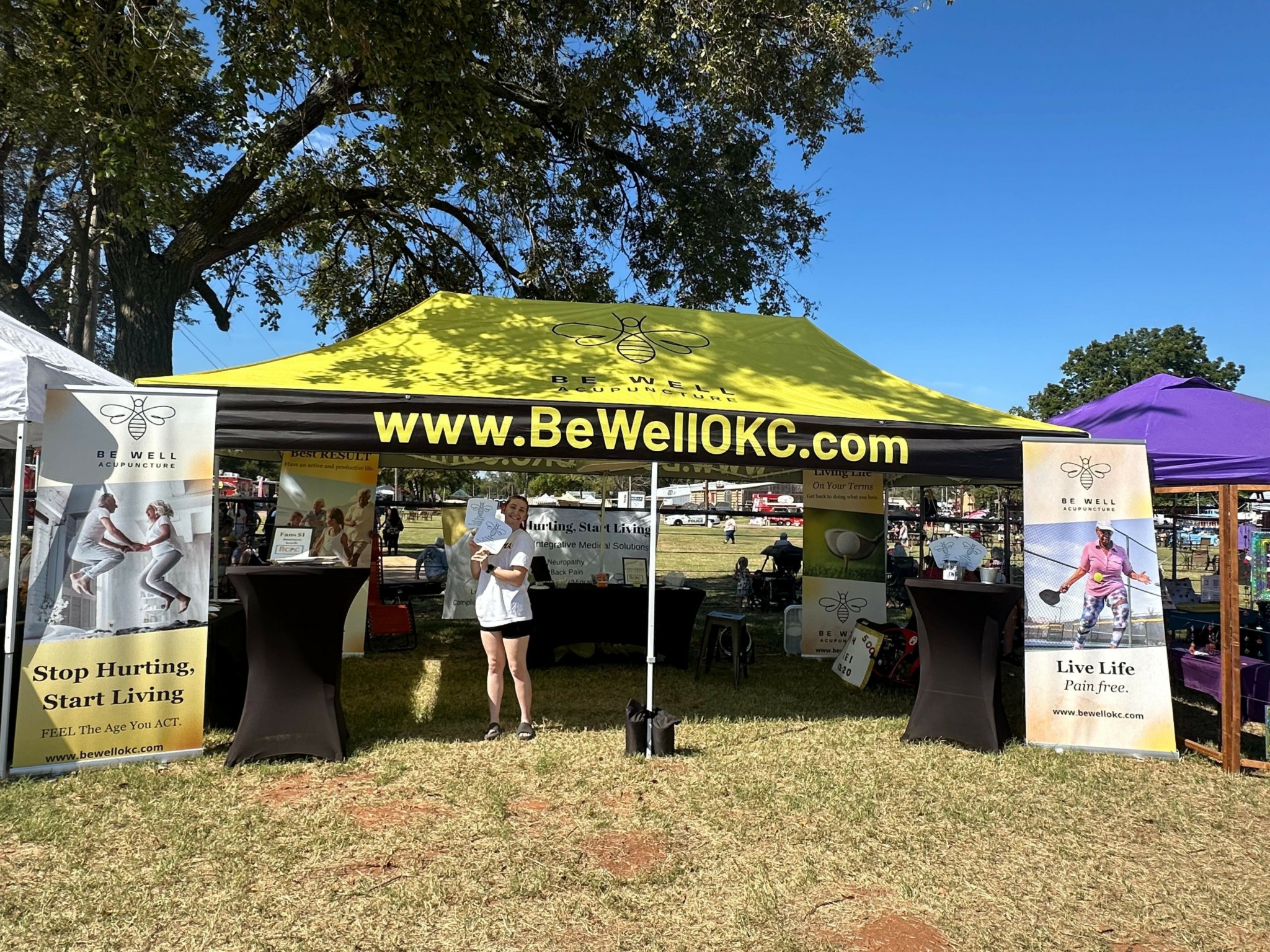
Toni, love having you share your insights with us. Before we ask you more questions, maybe you can take a moment to introduce yourself to our readers who might have missed our earlier conversations?
I’m Dr. Toni Twitty, and I’m the founder and lead practitioner at Be Well Acupuncture in Edmond, Oklahoma. I help people who are struggling with chronic pain, infertility, neuropathy, post-viral syndromes like Alpha-Gal and shingles pain, and other tough-to-treat conditions finally find real relief, often after they’ve tried everything else.
My journey into acupuncture wasn’t linear, but it was personal. I originally studied anthropology with a strong interest in medicine and the human body, particularly how different cultures approach healing. After spending time abroad and working in a hospital, I became fascinated with more holistic approaches to care after an injury which Western Medicine was unable to help me resolve. I found Acupuncture was the solution and that led me to pursue my doctorate in acupuncture.
Be Well Acupuncture is built around a simple but powerful belief: you deserve to feel better and live your life on your own terms. Whether that means being able to chase your grandkids again, starting the family you’ve dreamed of, running pain-free, or finally enjoying a meal without fear of an allergic reaction, we’re here to help make it happen.
What sets us apart?
So many things. We specialize in conditions most other clinics won’t touch—like Alpha-Gal Syndrome, trigeminal neuralgia, and post-shingles nerve pain. We’ve helped patients walk again without pain, reverse infertility after years of trying, and regain their lives after being sidelined by chronic illness. Our team is known for being both exceptionally skilled and genuinely kind. When people walk into our space, they often say, “It just feels different here.” That’s intentional.
I’m most proud of the lives we’ve helped change. We get to witness people rediscover themselves—physically, emotionally, and even spiritually. And to me, that’s the best part of the job.
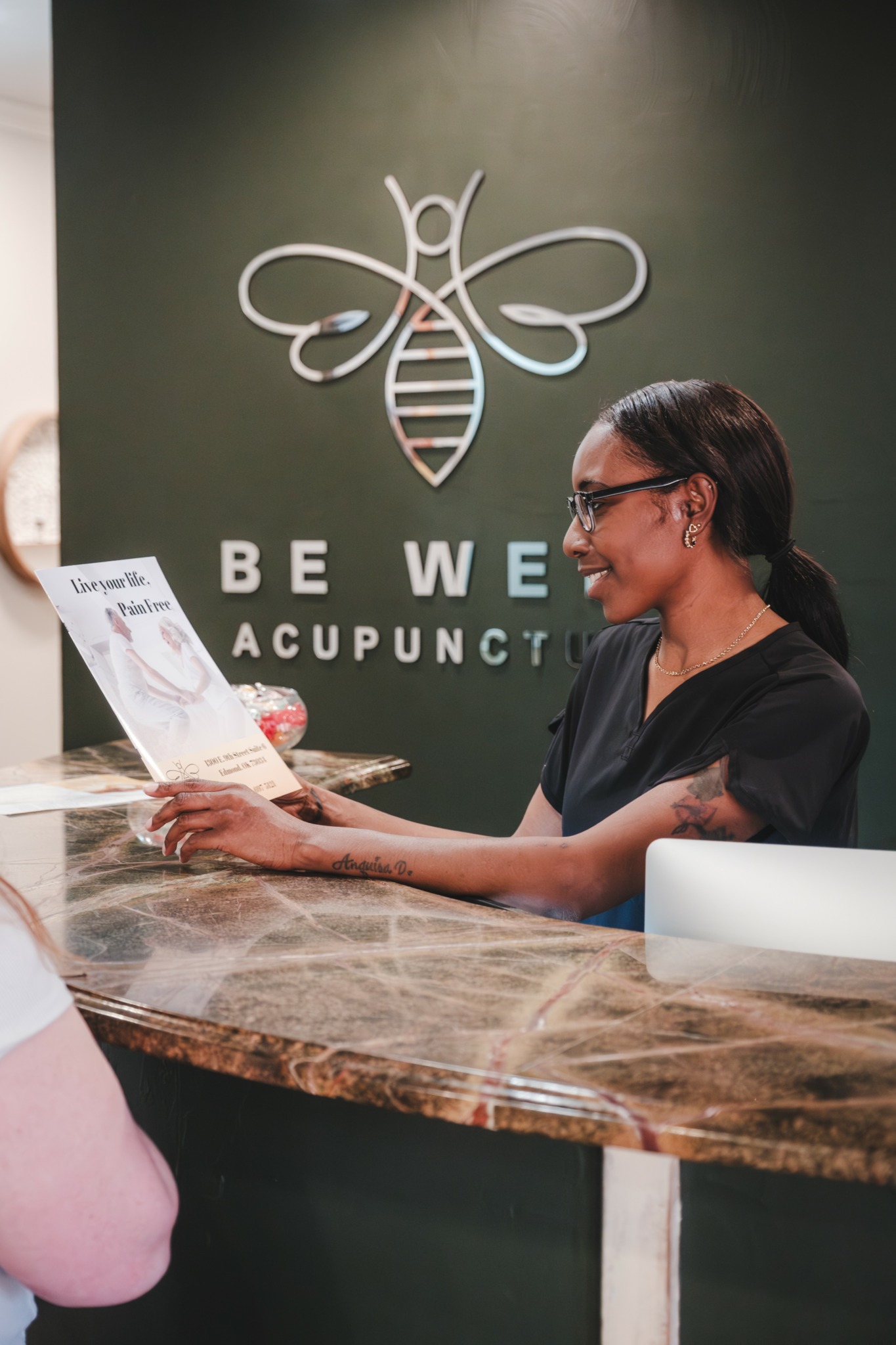
What’s a lesson you had to unlearn and what’s the backstory?
One of the biggest lessons I had to unlearn was people-pleasing—that deeply ingrained habit of putting others’ comfort, approval, or expectations ahead of my own needs or boundaries.
Growing up, especially in a household where conflict was common and my sister and I were sometimes caught in the middle, I learned to smooth things over, to keep the peace, to try and make everyone happy. At the time, it felt like survival. But as I got older, especially in my professional life, I realized how much it was costing me.
In my early career, I would overextend myself constantly by saying yes when I meant no, taking on too much, worrying about disappointing people more than I worried about burning out. I thought being “nice” and being “good” meant being available to everyone all the time.
But it wasn’t sustainable. It left me drained, resentful, and sometimes even overlooked because when you’re always trying to be what others need, it becomes easy to forget who you are.
The turning point came when I hired a business coach, Mitowi Management. They helped me realize that I could still be kind, compassionate, and helpful without abandoning myself in the process. Setting boundaries didn’t make me less loving but instead it made me healthier, stronger, and more effective in every area of my life.
Now I recognize that saying no is sometimes the most powerful form of self-respect and modeling that helps others feel safe doing the same. I’ve learned that I don’t need to be for everyone. I just need to show up fully and authentically for the people I am meant to help.
That’s been one of the most freeing shifts in my personal and professional growth.
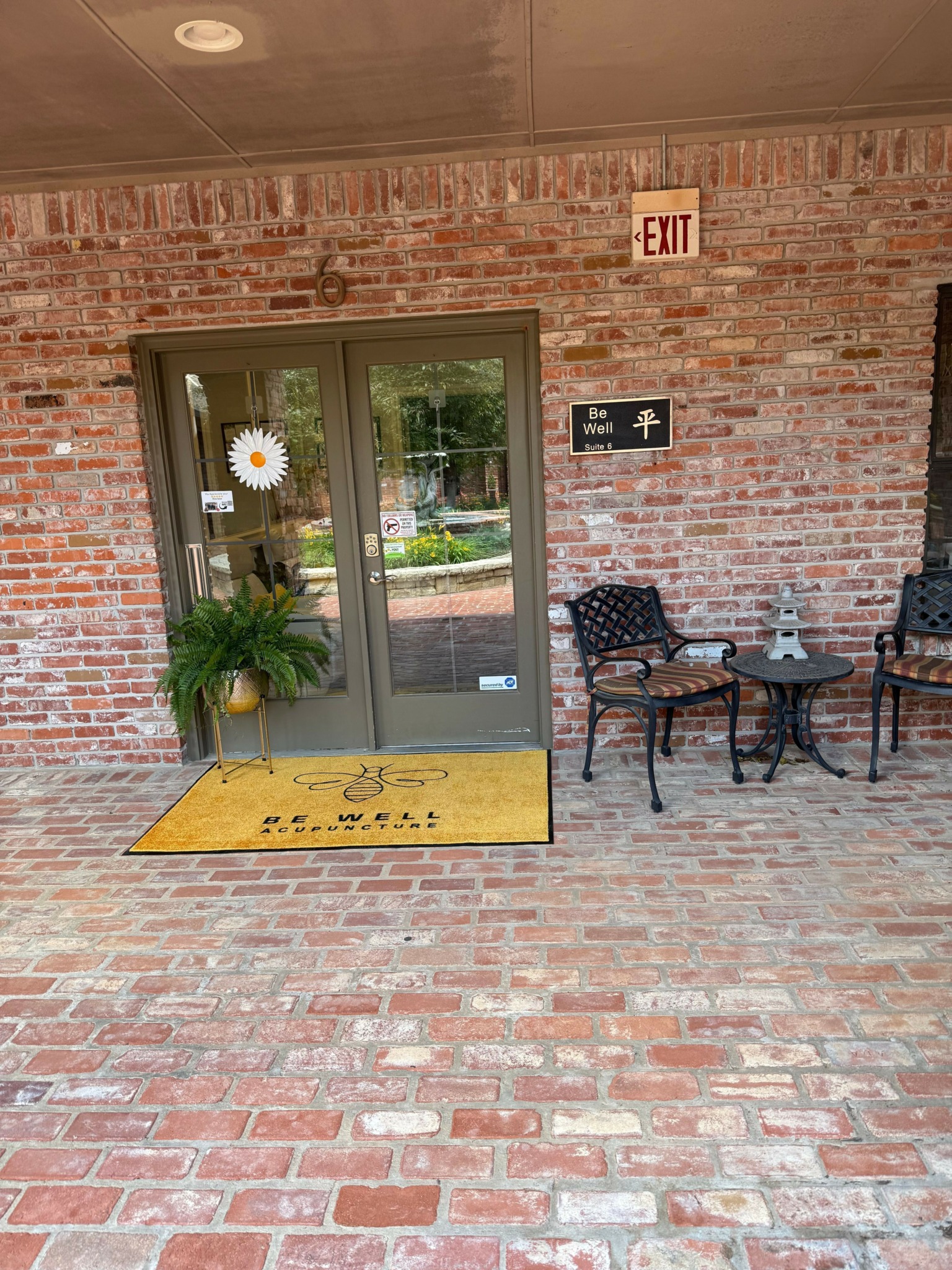
Do you have any insights you can share related to maintaining high team morale?
Be clear about the mission. People thrive when they know their work matters. At Be Well Acupuncture, our entire team knows we’re not just scheduling appointments or treating pain—we’re helping people get their lives back. When your team connects to that bigger purpose, even the hard days feel worth it.
Celebrate together. Laugh together. A joyful workplace builds trust and resilience. That means celebrating wins, acknowledging progress, and not taking ourselves too seriously.
And most importantly—I’m still learning this. Leadership isn’t a destination. It’s a constant process of growth, reflection, and listening. I make mistakes, I learn, and I try again. The best thing you can do as a leader is stay open to evolving right alongside your team.
High morale isn’t just about perks. It’s about culture, and culture starts with how you show up every single day.
Contact Info:
- Website: https://www.bewellokc.com
- Instagram: https://www.instagram.com/bewellokc/
- Facebook: https://facebook.com/bewellokc
- Youtube: https://www.youtube.com/@bewellokc
